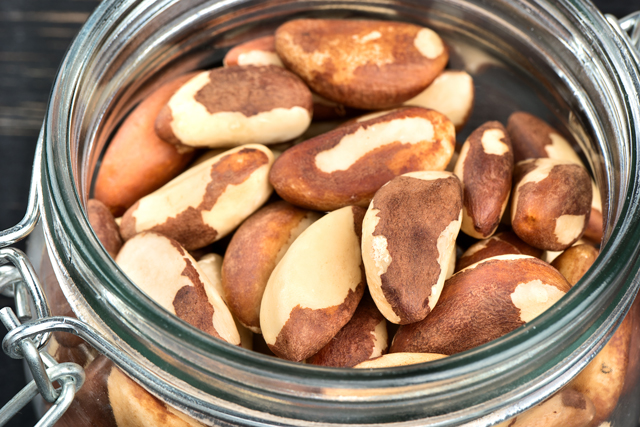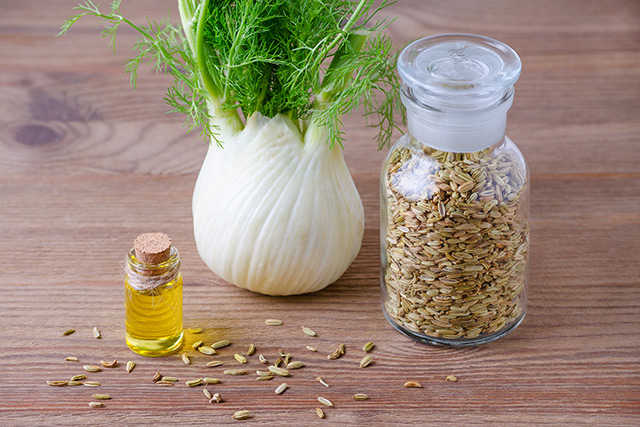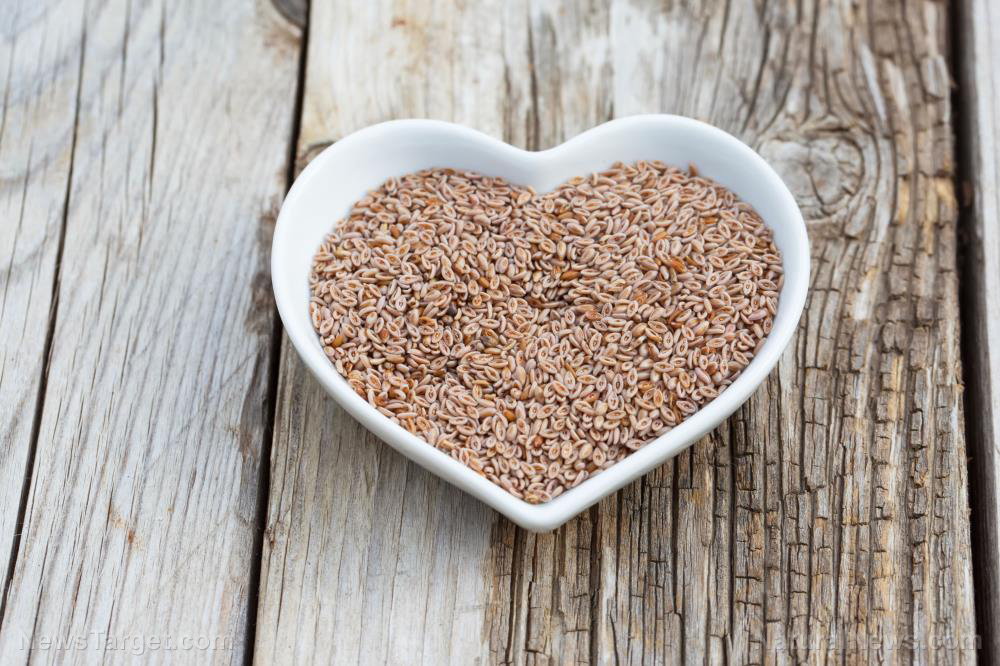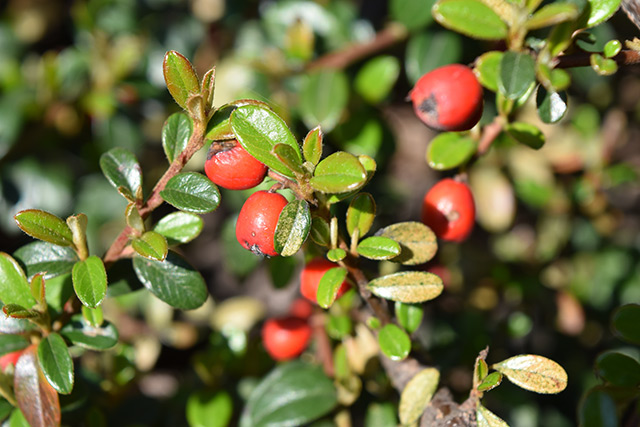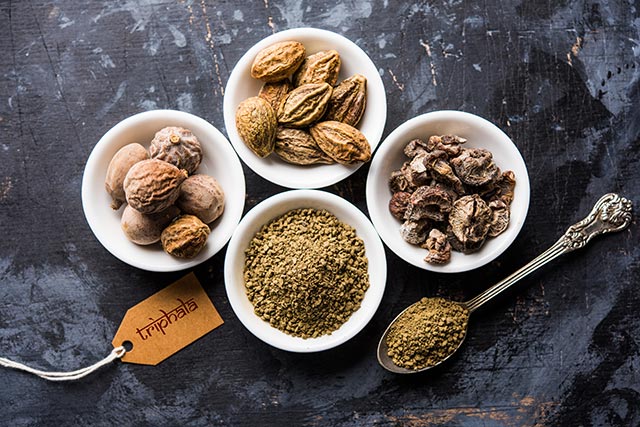Extract from leaves of Vernonia colorata found to have potent anti-microbial effects
04/08/2020 / By Evangelyn Rodriguez

Vernonia colorata, commonly known as bitterleaf or lowveld tree vernonia, is a small, flowering shrub that’s native to Africa. It is widely used in African countries as a treatment for various ailments. In fact, bitterleaf has demonstrated strong anti-inflammatory and antibacterial activity in several studies.
In an article published in The Journal of Phytopharmacology, researchers at the Kwame Nkrumah University of Science and Technology in Ghana investigated the ability of vernolide, an active compound present in bitterleaf, to modulate the resistance of pathogenic bacteria toward known antibiotics.
They reported that vernolide can not only inhibit the growth of some bacteria, but it can also enhance the efficacy of conventional antibiotics at relatively low concentrations. This makes vernolide a promising agent that can be used in combination with other anti-microbials for the treatment of infections.
Compound from bitterleaf can reduce antibiotic resistance
The ability of some natural products to influence the drug resistance of pathogenic bacteria — called their resistance modulatory activities — has gained scientific interest in recent years.
In line with this, the researchers looked at the anti-microbial activity of vernolide from bitterleaf and its ability to reduce the anti-microbial resistance of certain microbes toward conventional antibiotics.
The researchers first confirmed the identity of the compound using spectroscopy and analyzed the chemical components of bitterleaf. They reported that the ethanolic leaf extract of bitterleaf contains tannins, glycosides, saponins, flavonoids, terpenes and cardiac glycosides.
The researchers noted that terpenes are mostly responsible for the anti-microbial properties shown by bitterleaf. Meanwhile, the presence of flavonoids suggests that it may have antioxidant, anti-viral, anti-cancer, anti-allergic and anti-inflammatory activities. The presence of saponins also hints that it may be able to lower blood cholesterol levels. However, these activities need to be confirmed in future studies.
Next, the researchers evaluated the anti-microbial activity of vernolide using MTT assay. They reported that vernolide was effective against Escherichia coli, Staphylococcus aureus and Enterococcus faecalis with minimum inhibitory concentrations (MICs) of 0.3, 0.3 and 0.4 mg/mL, respectively.
Meanwhile, the MICs of their selected antibiotics, namely, ciprofloxacin, amoxicillin, tetracycline and erythromycin, ranged between 0.1 to 16 mcg/mL. Modulation studies showed that the addition of 0.2 mg/mL vernolide to varying concentrations of the antibiotics — specifically, 0.0005 to 4 mcg/mL, which were well below their observed MICs — helped prevent microbial growth.
These results show that vernolide can increase the efficacy of conventional antibiotics by lowering bacterial resistance. Based on their findings, the researchers concluded that vernolide from bitterleaf has strong resistance modulatory activities that can enhance the effectiveness of modern anti-microbials. (Related: Top five health benefits of bitter leaf.)
Other known uses of bitterleaf
V. colorata is a plant that grows abundantly in tropical parts of East Africa. It is gathered from the wild by locals and used as both food and medicine. In particular, the leaves of bitterleaf can be cooked and eaten. They are also used as medicine due to their astringent properties.
Despite being extremely bitter-tasting, the leaves of bitterleaf is used by locals to make a decoction for the treatment of malaria. The decoction also serves as an antibiotic that helps treat liver, stomach and skin conditions.
Meanwhile, the bark of bitterleaf’s trunk and root is said to have tonic effects and is often used to reduce fever and relieve diarrhea. Bitterleaf is also said to have similar properties to V. amygdalina, another edible and medicinal African plant. Hence it is used to treat convulsions, urticaria (hives) and fungal infections.
Bitterleaf is a powerful anti-microbial with plenty of other medicinal applications. Learn about similar plants that can fight bacterial infections at NaturalAntibiotics.news.
Sources include:
PhytoPharmaJournal.com [PDF]
Tagged Under: antibiotic resistance, Antimicrobial, bitterleaf, food cures, food is medicine, functional food, herbal medicine, Herbs, natural antibiotics, natural cures, natural medicine, phytonutrients, plant medicine, research, superbugs, vernolide
RECENT NEWS & ARTICLES
COPYRIGHT © 2017 REMEDIES NEWS





